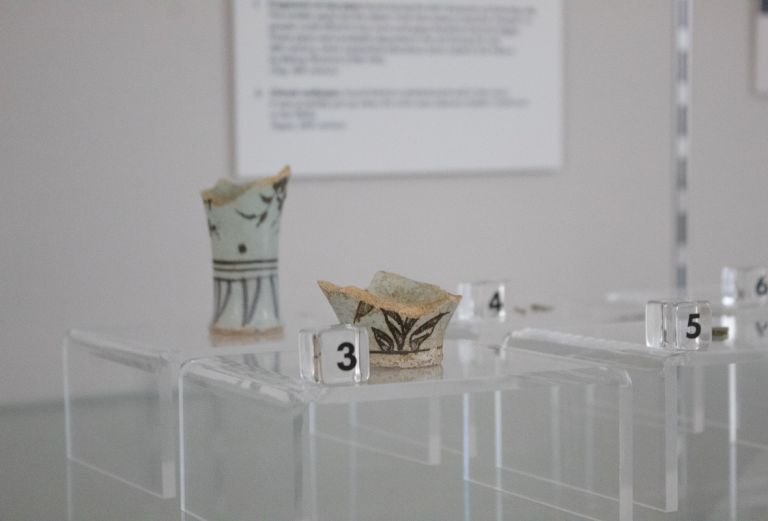Dissecting the dirt: Site formation

Step into the world of advanced archaeology with our dissecting the dirt club tailored for young enthusiasts aged 16 to 25!
Unlock a realm of transferable skills such as project management and leadership as you assist in organizing and supporting our Young Archaeologists Club. Led by our community archaeologist, Alexis, these full-day sessions offer immersive hands-on experiences designed to equip you with invaluable skills for the future.
You’ll kickstart by contributing to our Young Archaeologists’ Club, then progress to planning and leading upcoming sessions later in the term. Dive into afternoons filled with in-depth, practical archaeological training, honing skills essential not only in the field but across various career paths.
Schedule:
25 May – Site formation
What are the processes involved in the formation of an archaeological site and how do archaeologists interpret them? Together we’ll explore what causes land build-up and how are features interpreted. This session looks at the processes that create ‘archaeology’ in the form of both positive and negative impacts.
22 June – Finds processing
How do you process an archaeological archive from an excavation? What are the protocols and techniques involved in preparing the archive? This session will look at how finds are washed, dried, marked and bagged and finally stored. Archives have to be produced systematically so that records of excavations are catalogued correctly for both present and future analysis.
20 July – Post excavation
How do you write up an archaeological assessment after an excavation? What are the processes involved and how do you gain the information you require? Led by community archaeologist Alexis, this session will take you step by step through the post-excavation process.
28 September – Community archaeology
Join Alexis for an introduction to how archaeology works in the UK from both commercial and community-led perspectives. Archaeology is a relatively recent academic subject and has seen significant developments since the 1970s. This session will explain how it fits into planning law and how it can work within community projects. We’ll also explore the site with an accompanying tour!
26 October – The Archaeological Record
How do you record an archaeological excavation? What are the systems used on site and how do they work? The Single Context Recording system was developed by the Department of Urban Archaeology in the late 1970s, arriving in published form in 1980. This session will explain how the system represents best practice, and how it can be used to excavate a variety of archaeological sites.
Event details:
- Attendees should come dressed in appropriate clothing for outdoor activities.
- Although there is a café on-site, attendees may wish to bring a packed lunch.

